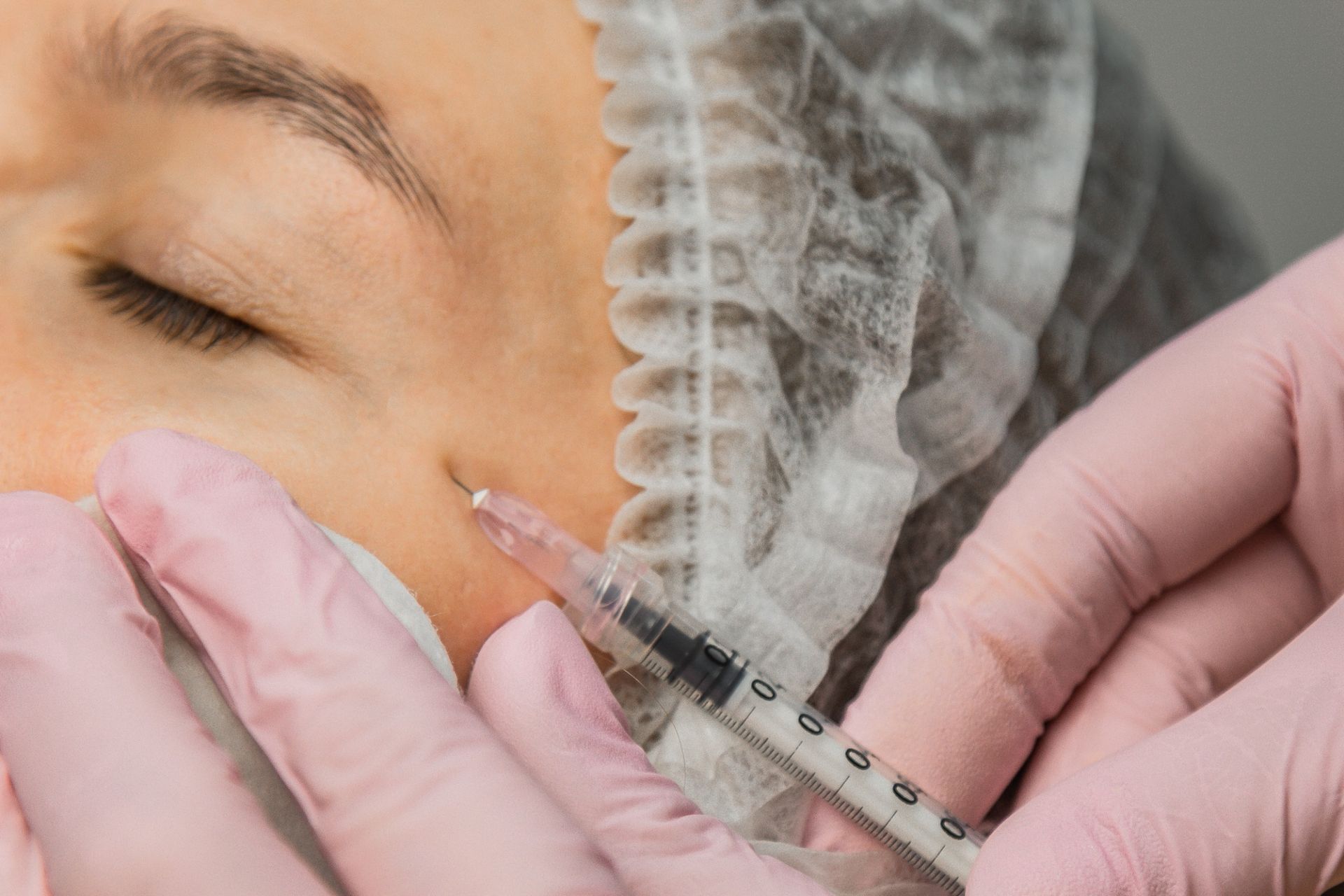Obstetrics and Gynecology: Understanding the Differences
Are you curious about women's health but get confused by the terms "obstetrics" and "gynecology"? Don't worry, you're not alone. These two fields are closely related but serve different needs.
Obstetrics focuses on pregnancy, childbirth, and the postpartum period. Gynecology, on the other hand, deals with the broader spectrum of women's health, from puberty to menopause.
In this blog post, we'll break down the differences, so you can understand who to turn to for specific medical concerns. Let's make women's health simple and clear!
Differences Between Obstetrics and Gynecology
Understanding the key differences between obstetrics and gynecology can help you make informed decisions about your healthcare. While both specialties focus on women's health, their areas of expertise and the conditions they treat vary significantly.
Obstetrics
- Pregnancy Care: Monitoring the health of both mother and baby throughout the pregnancy.
- Labor and Delivery: Managing the childbirth process, including any complications that may arise.
- Postpartum Care: Providing care and support to the mother following delivery.
Gynecology
- Routine Exams: Performing annual check-ups, including Pap smears and pelvic exams.
- Reproductive Health: Addressing issues such as menstrual disorders, contraception, and infertility.
- Menopausal Care: Managing symptoms and health concerns related to menopause.
The Role of Obstetricians and Gynecologists: What to Expect
When you visit an obstetrician or gynecologist, you can expect comprehensive care tailored to your unique needs. These specialists are trained to support you through various stages of life.
- Personalized Treatment Plans: Obstetricians and gynecologists work with you to develop a care plan tailored to your individual health needs and lifestyle. This personalized approach helps address specific concerns, whether it’s managing a healthy pregnancy or treating hormonal imbalances.
- Preventative Care: Regular visits for check-ups and screening tests are crucial for maintaining your health. Preventative care includes routine exams, screenings for cervical cancer, and discussions about reproductive health options.
- Advanced Diagnostics: Utilizing the latest technology, obstetricians and gynecologists can diagnose and treat issues with greater accuracy. Whether it’s ultrasound for pregnancy monitoring or advanced laparoscopic procedures, state-of-the-art tools are at the forefront of care.
- Emotional Support: Understanding that health issues can be stressful, these specialists also provide emotional support, answering questions and offering reassurance throughout your treatment journey.
- Education and Empowerment: Your health specialist will empower you with knowledge about your body and health, explaining procedures and treatment options in a way that’s easy to understand.
Remember, maintaining open communication with your obstetrician or gynecologist is key to receiving the best care possible.
Common Procedures and Services Provided in Obstetrics and Gynecology
Understanding the range of services provided by obstetricians and gynecologists can help you know what to expect and when to seek care.
- Ultrasound: Used for a variety of purposes including monitoring pregnancy, diagnosing gynecological conditions, and guiding certain treatments.
- Pap Smears: A routine test for cervical cancer screening that is typically part of an annual gynecological exam.
- Mammograms: Recommended screenings for breast cancer, usually starting at age 40.
- Blood Tests: Used to monitor hormone levels, diagnose conditions like anemia, and check for infections.
- Pelvic Exams: A standard part of a gynecological visit that helps assess the health of reproductive organs.
- Fertility Treatments: Including ovulation induction, intrauterine insemination (IUI), and in vitro fertilization (IVF).
- Contraceptive Counseling: Discussions about various birth control options and what might be best for your lifestyle and health needs.
- Laparoscopy: A minimally invasive surgical procedure used to diagnose and treat conditions such as endometriosis and ovarian cysts.
- Colposcopy: A follow-up procedure to investigate abnormal Pap smear results by examining the cervix, vagina, and vulva more closely.
- Hysterectomy: Surgical removal of the uterus, often used to treat severe gynecological conditions.
- Prenatal Care: Regular consultations and check-ups to monitor the health of both mother and baby during pregnancy.
- Menopausal Management: Treatment and advice for managing symptoms of menopause, including hormone replacement therapy.
Staying informed about these common procedures and services can empower you to take proactive steps in managing your health. Always feel free to discuss any concerns or ask questions during your visit to ensure you're receiving the care and support you need.
The Importance of Regular Check-Ups for Pregnant Women and New Mothers
Regular check-ups are crucial for the well-being of both expectant mothers and their babies. Here's why:
- Early Detection of Complications: Routine visits help identify potential issues early on, allowing for timely intervention and treatment.
- Monitoring Baby's Development: Regular ultrasounds and screenings ensure that the baby's growth and development are on track.
- Maternal Health: Keeping an eye on the mother's health, including blood pressure and glucose levels, helps prevent complications such as preeclampsia and gestational diabetes.
- Nutritional Guidance: Healthcare providers can offer personalized advice on nutrition and supplements to support a healthy pregnancy.
- Emotional Support: Regular check-ups provide an opportunity to discuss any emotional or mental health concerns, ensuring that new mothers receive comprehensive care.
- Postpartum Care: Follow-up visits after delivery are essential for addressing issues like postpartum depression, breastfeeding challenges, and recovery from childbirth.
- Vaccinations: Ensuring both mother and baby are up-to-date on necessary vaccinations to protect against preventable diseases.
- Education and Resources: Regular visits provide valuable information about childbirth options, newborn care, and parenting resources.
Prioritizing these regular check-ups lays the foundation for a healthy pregnancy and smooth transition into motherhood, giving both mother and baby the best start possible.
Frequently Asked Questions
What is the difference between an obstetrician and a gynecologist?
An obstetrician specializes in pregnancy and childbirth, while a gynecologist focuses on the broader aspects of women's reproductive health.
Can I see the same doctor for both obstetrics and gynecology?
Many doctors are trained in both fields, known as OB-GYNs, providing a comprehensive range of services.
What should I expect during my first OB-GYN visit?
Your first visit may involve a physical exam, discussion of your medical history, and any specific concerns or symptoms you have.
How often should I visit my gynecologist?
It's recommended to have an annual check-up, although the frequency may vary based on individual health needs.
Ready to Take Control of Your Health? Book your appointment today by calling 1-877-241-4004 and ensure you're receiving the best care possible.
Call us today! 1-877-241-4004
507 S 4th St,
Clinton, Iowa, 52732
United States










